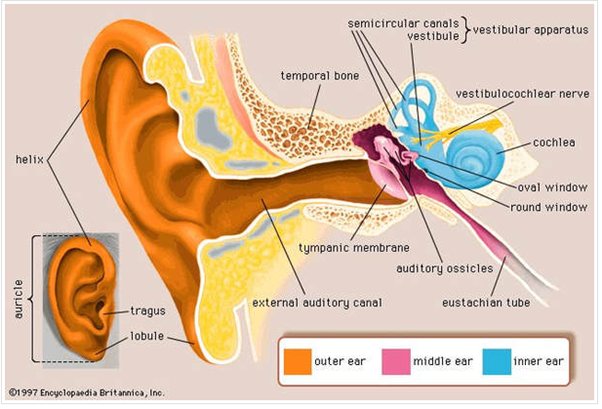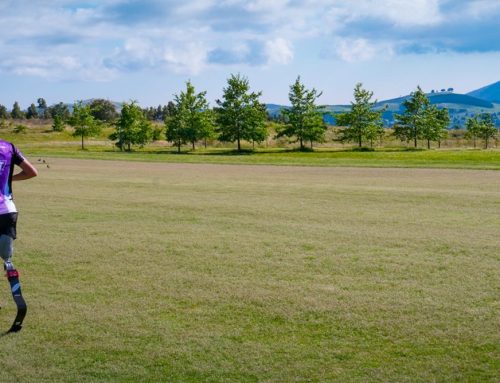When to see a physio for dizziness?
Dizziness, balance, and vertigo – should you see a physio? – Dizziness is a common symptom of many conditions that can occur in the body. It can come on quickly and impact your balance, ability to walk, drive and do the things that you love to do. The causes of dizziness can be vestibular in nature or non-vestibular in nature.
Common symptoms associated with dizziness include:
- Vertigo
- Nausea
- Vomiting
- Blurred vision
- Poor tolerance of head movements
- Poor balance
- Unsteady walking
- Nystagmus (uncontrolled eye movements)
Vestibular vs non-vestibular conditions:
Many different conditions are associated with the above symptoms. The non-vestibular causes of dizziness include blood flow changes such as stroke or heart problem need urgent medical attention and further investigation.
Your body uses sensory information from three main systems to keep your balance:
- Vision,
- Proprioception (sensors that detect body position located throughout the body),
- Vestibular system (apparatus in the inner ear- see diagram below).
- A disruption in the vestibular system can be a cause of dizziness.
Diagram of the ear and vestibular structures:

Common vestibular conditions include:
- Benign Paroxysmal Positional Vertigo (BPPV) (a condition caused by debris in the semicircular canals of the inner ear)
- Vestibular Neuronitis (a viral infection of the inner ear)
- Acoustic Neuroma (a benign tumour which grows along the course of the vestibular nerve)
- Menieres Disease (Build-up of fluid in the inner ear which is fluctuating in nature)
- Otoxicity (Exposure to medications which have affected the structures of the inner ear)
- Vestibular Migraine (associated with migraines with vestibular dominant symptoms)
- Trauma, concussion and head injuries (motor vehicle accidents, significant falls)
These are only a few examples of common conditions involving the vestibular system
Vestibular Rehabilitation:
Physiotherapists are skilled in treating vestibular dysfunction to address dizziness and imbalance of head and eye movements via vestibular rehabilitation (VR). VR consists of designing a treatment plan with supervised therapy sessions and a home exercise program. VR is a combination of habituation, gaze stabilization, balance training and canal semicircular canal repositioning manoeuvre.
Habituation exercises: repeated exposure to provoking movements in a tolerable manner.
Gaze Stabilisation exercises: exposure to specific head and eye movements whilst focusing on a target in a tolerable manner.
Balance training exercises: exposure to specific balance tasks such as completing exercises with eyes
Canal semicircular canal repositioning manoeuvre: A treatment for benign paroxysmal positional vertigo (BPPV) which consists of particular therapist led movements of the head.
Depending on the diagnosis, an individual may only require 1 or 2 sessions or up to 3-4 months and referrals to other health professionals may be required, including Ear Nose and Throat (ENT) specialist, neurologists, general practitioner (GP) and audiologist.
If you have any further questions, please feel free to contact the author.
Dizziness, balance, and vertigo– should you see a physio? – Author: Roshan Wijeratne, Physiotherapist
Meanwhile, anyone can reach out to staff members at (02) 6210 0060 to ask questions or schedule an in-person appointment.




